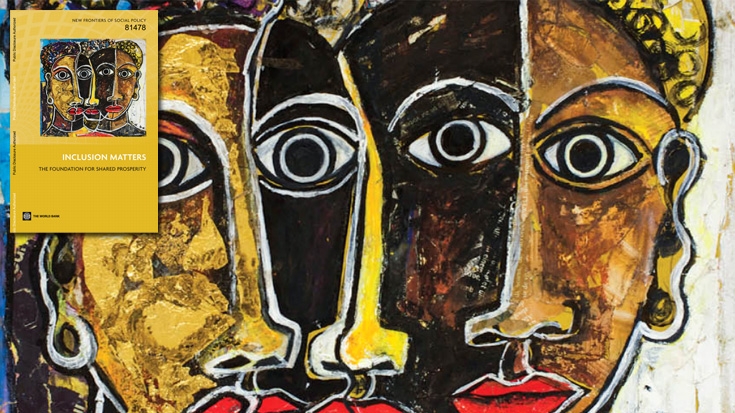KAMPALA, January 28, 2014 – Grace Nakku, 22, has just graduated with a Bachelor of Arts in Social Sciences from Makerere University. Her parents struggled, but paid for her education from kindergarten through college, because they believed in the importance of educating their daughter. Even as Grace wears a smile of victory, she confesses that she is worried about what the future holds for her.
“My parents have supported me through my education, however, I am not sure of where to start from, as I need a job to start living my dream,’ Grace says.
Nakku is a member of a growing cohort of educated young people with dreams and aspirations of a better life than their parents had. They want good jobs, but they also want a say in the decisions that affect them. They want to be included in society on advantageous terms. By 2050, half of Uganda’s population will be below 20 years of age.
In the last two decades Uganda has made huge progress in education. It has also had dramatic decline in poverty and has witnessed steady growth. Yet, significant challenges for social inclusion remain, and new ones are emerging. The new World Bank global report “Inclusion Matters: The Foundation for Shared Prosperity,” puts boundaries around the abstract idea of social inclusion. It points out that social inclusion is not just about poverty reduction or about reducing income inequality; it is the process of improving the ability, opportunity and dignity of people, disadvantaged on the basis of their identity, to take part in society.
“Uganda’s development is testimony to the government’s efforts in embracing social inclusion through dedicated programs and by creating an enabling environment that gives its citizens better access to markets, services and spaces,” said Moustapha Ndiaye, World Bank’s Country Manager for Uganda. “Yet some groups are at risk of being excluded from Uganda’s gains. Income inequality is on the rise, showing that something has to be done differently. This report is very timely for Uganda as it moves towards its vision of being a middle-income country.”

